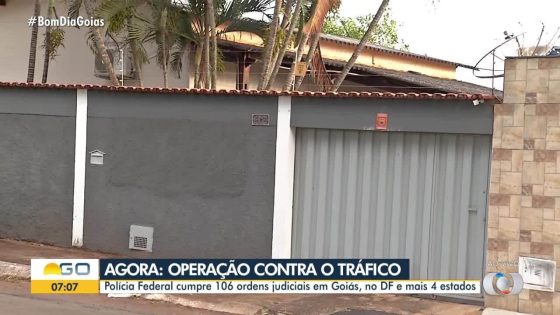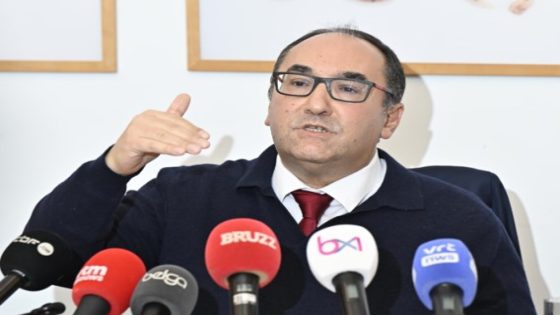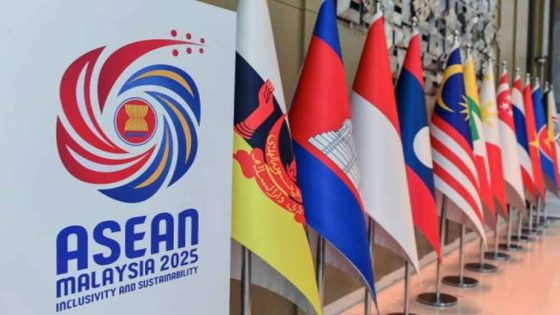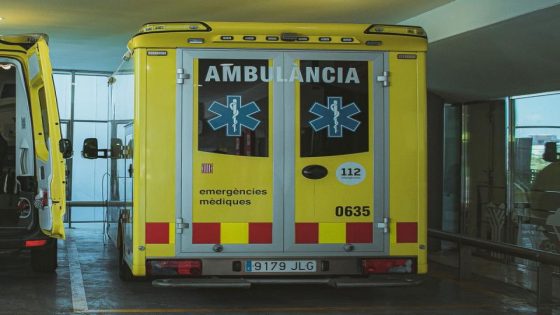International drug traffickers exploited Brazil’s Farmácia Popular program, reportedly earning up to R$ 90,000 monthly through fraudulent activities. This alarming revelation came to light on February 13, 2025, as investigations by federal authorities unveiled a complex scheme affecting public health initiatives. How could such widespread fraud go unnoticed for so long?
- International drug dealers profiting from fraud
- Candidate arrested in drug trafficking operation
- Investigations into Farmácia Popular frauds ongoing
- Criminals targeting government pharmacy program
- Significant financial losses reported in fraud cases
Fraud in Brazil’s Farmácia Popular Program Raises Concerns for Public Health
The recent findings about fraud in the Farmácia Popular program raise pressing questions. How can governments protect essential health programs from criminal exploitation? The Brazilian Federal Police (PF) has launched a thorough investigation, revealing the extent of the fraud and its implications for public health.
Understanding the Impact of Fraud on Health Programs in Brazil
Fraudulent activities in the Farmácia Popular program have significant repercussions. The program, designed to provide affordable medications to low-income citizens, is now under scrutiny. The involvement of international drug traffickers not only undermines public trust but also jeopardizes access to essential medications.
Key Findings from the Investigation into Farmácia Popular Fraud
Investigators uncovered several alarming details about the fraudulent operations:
- International drug traffickers were able to manipulate the system for substantial financial gain.
- Monthly earnings from fraud reached up to R$ 90,000, diverting funds from legitimate health services.
- The scheme involved fake pharmacies, complicating efforts to trace the fraud.
- Authorities are now implementing measures to strengthen oversight and prevent future exploitation.
Lessons for Other Countries Facing Similar Challenges
This situation serves as a cautionary tale for other nations. How can governments ensure the integrity of health programs? The U.S. and other countries can learn from Brazil’s experience by enhancing monitoring systems and increasing transparency in public health initiatives.
Future Steps to Combat Fraud in Health Programs
In light of these findings, authorities are taking proactive steps to combat fraud. This includes:
- Implementing stricter regulations for pharmacies participating in government programs.
- Increasing collaboration between health agencies and law enforcement to identify fraudulent activities.
- Educating the public about recognizing legitimate health services and reporting suspicious activities.
As Brazil grapples with these challenges, it is crucial for other countries to remain vigilant. Protecting public health programs from fraud is essential for ensuring that vulnerable populations receive the care they need.






























![Will Avalanche [AVAX] Plunge Further? Bears Set Sights on $14.5 Support!](https://news.faharas.net/wp-content/uploads/2025/03/Will-Avalanche-AVAX-Plunge-Further-Bears-Set-Sights-on-145.webp.webp)


